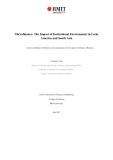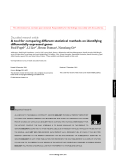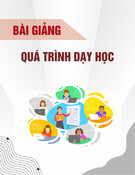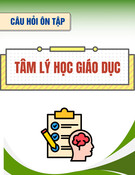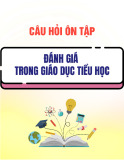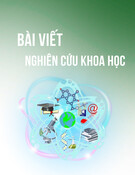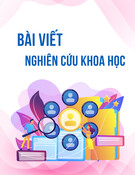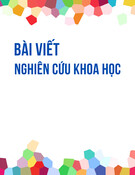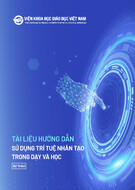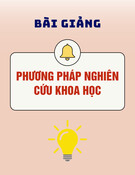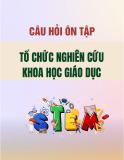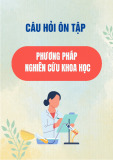
TNU Journal of Science and Technology
230(03): 118 - 122
http://jst.tnu.edu.vn 118 Email: jst@tnu.edu.vn
INTERCULTURAL EDUCATION FOR STUDENTS
TO BECOME GLOBAL CITIZENS IN SCHOOLS
Hoang Thi My Hanh, Dinh Duc Hoi *
TNU - University of Education
ARTICLE INFO
ABSTRACT
Received:
06/01/2025
Intercultural education for global citizenship in schools is an
important goal in the integration period. The purpose of this study is
to review and evaluate the success of the process of popularizing the
application of intercultural education for global citizenship on the
subject of high school students. The article flexibly applies three
groups of research methods: theoretical research methods, practical
research methods, and statistical methods to collect, systematize, and
process information. The research results show that this issue has
been concerned in many action programs of schools in Vietnam.
However, it has not yet created a continuous system, leading to the
change of students when approaching interculturality being
intermittent and difficult. The implementation of this content between
public schools and schools with foreign elements is not yet uniform
and unified, there are still differences in development orientation.
Based on the results of this study, comprehensive and consistent
solutions in intercultural education for students to become citizens are
needed in future studies.
Revised:
31/3/2025
Published:
31/3/2025
KEYWORDS
Intercultural
Students
Global citizens
Integration
Education
GIÁO DỤC LIÊN VĂN HOÁ CHO HỌC SINH
THÀNH CÔNG DÂN TOÀN CẦU TRONG NHÀ TRƯỜNG
Hoàng Thị Mỹ Hạnh, Đinh Đức Hợi*
Trường Đại học Sư phạm - ĐH Thái Nguyên
THÔNG TIN BÀI BÁO
TÓM TẮT
Ngày nhận bài:
06/01/2025
Giáo dục liên văn hoá thành công dân toàn cầu trong nhà trường là
mục tiêu quan trọng trong thời kì hội nhập. Mục đích của nghiên cứu
này là tổng quan và đánh giá sự thành công của quá trình phổ cập áp
dụng giáo dục liên văn hóa thành công dân toàn cầu trên đối tượng là
học sinh phổ thông. Bài báo vận dụng linh hoạt ba nhóm phương
pháp nghiên cứu: nhóm phương pháp nghiên cứu lí thuyết, nhóm
phương pháp nghiên cứu thực tiễn, nhóm phương pháp toán thống kê
để thu thập, hệ thống hoá và xử lí thông tin. Kết quả nghiên cứu cho
thấy, vấn đề này đã được quan tâm trong nhiều chương trình hành
động của các nhà trường ở Việt Nam. Song, chưa tạo thành chuỗi hệ
thống liên tục, dẫn đến sự thay đổi của học sinh khi tiếp cận liên văn
hoá còn ngắt quãng và gặp khó khăn. Việc triển khai nội dung này
giữa các nhà trường công lập và trường có yếu tố nước ngoài cũng
chưa đồng bộ thống nhất, còn có sự khác biệt trong định hướng phát
triển. Dựa trên cơ sở của kết quả nghiên cứu này, rất cần các giải
pháp mang tính tổng thể, xuyên suốt trong giáo dục liên văn hoá cho
học sinh thành công dân trong các nghiên cứu tiếp theo.
Ngày hoàn thiện:
31/3/2025
Ngày đăng:
31/3/2025
TỪ KHÓA
Liên văn hoá
Học sinh
Công dân toàn cầu
Hội nhập
Giáo dục
DOI: https://doi.org/10.34238/tnu-jst.11818
* Corresponding author. Email: hoitamlyhoc@gmail.com






